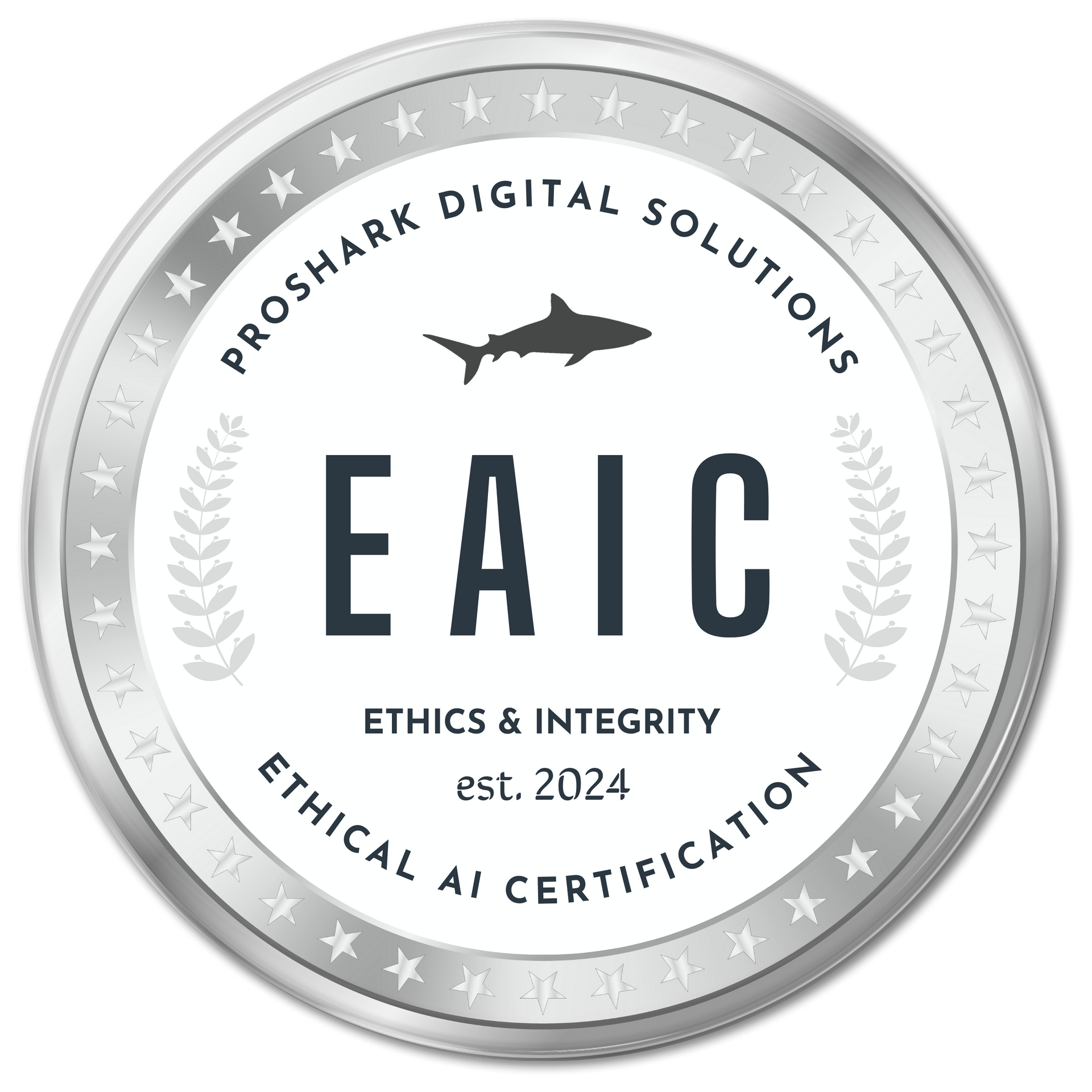In the bustling world of e-commerce, getting your website to stand out amongst the sea of competitors can be a daunting task. This is where Search Engine Optimization (SEO) comes into play, not just as a buzzword, but as a fundamental strategy to drive traffic and convert clicks into sales. Today, we'll dive into the essential SEO services that every e-commerce website needs to not only survive but thrive in the digital marketplace.

1. Comprehensive Keyword Research
The cornerstone of any successful SEO strategy begins with comprehensive keyword research. This meticulous process involves identifying the terms that potential customers are searching for and ensuring they are woven throughout your website's content. It's not just about the most popular keywords, but also finding those niche, specific terms that can drive targeted traffic to your site. This nuanced approach allows you to connect with your audience on a deeper level, providing them with the exact solutions they're searching for.
2. Technical SEO Audit and Enhancements
Once your keyword foundation is set, the next crucial step is to ensure your website is built on solid ground. A technical SEO audit examines the nitty-gritty of your website’s infrastructure, highlighting issues that could be hindering search engine crawlers from indexing your pages efficiently. From improving site speed to ensuring mobile responsiveness, this service addresses the backend improvements that might not be visible to the naked eye but are essential for boosting your site's search engine rankings.
3. Quality Content Creation and Optimization
Generating high-quality, engaging content is the heart of SEO. This isn’t just about producing articles or product descriptions filled with keywords; it’s about creating valuable resources that answer your customers' queries and needs. Whether it’s blog posts, videos, or infographics, your content should serve to engage and inform, establishing your website as an authoritative source in your niche. Additionally, ensuring that your content is optimized for both search engines and user experience can significantly impact your visibility and ranking.
4. On-Page SEO Adjustments
Beyond content creation, on-page SEO adjustments are vital for making your website easily understandable for search engines. This involves optimizing elements such as titles, meta descriptions, and header tags, ensuring they contain pertinent keywords and accurately describe your page's content. Image optimization also plays a key role, as it affects both page loading speed and image visibility in search results. Properly executed, these adjustments act as signals to search engines, directing them to your website for relevant queries.
5. Strategic Link Building
Link building is an essential component of SEO that involves acquiring hyperlinks from other websites to your own. These links serve as endorsements, signaling to search engines that other sites view your content as valuable and trustworthy. However, not all links are created equal. A strategic approach focuses on building high-quality, relevant links that not only boost your site’s authority but also drive relevant traffic. Fresh, engaging content plays a crucial role in earning these valuable links, as it encourages other websites to link to your resources organically.
6. Local SEO Optimization
For e-commerce sites with physical locations or specific service areas, local SEO optimization is a game-changer. This facet of SEO zeroes in on boosting visibility within specific geographic regions. By optimizing your website and content for local search terms and leveraging platforms like Google My Business, you can attract more local traffic. Reviews and local link building are also critical, as they enhance your credibility and visibility in local search results, making it easier for nearby customers to find and choose your business.
7. Performance Tracking and Analytics Review
Lastly, the only way to truly understand the effectiveness of your SEO efforts is through diligent performance tracking and analytics review. This involves regularly monitoring key metrics such as organic traffic, bounce rate, and conversion rates. Utilizing tools like Google Analytics allows you to delve into user behavior, identifying what’s working and where there’s room for improvement. Continuous analysis not only helps in refining your SEO strategy but also in adapting to changing user trends and search engine algorithms.



All rights reserved © 2004-2024 Proshark • Privacy Policy • Messaging Policy • Terms of Service • Advertising TOU




